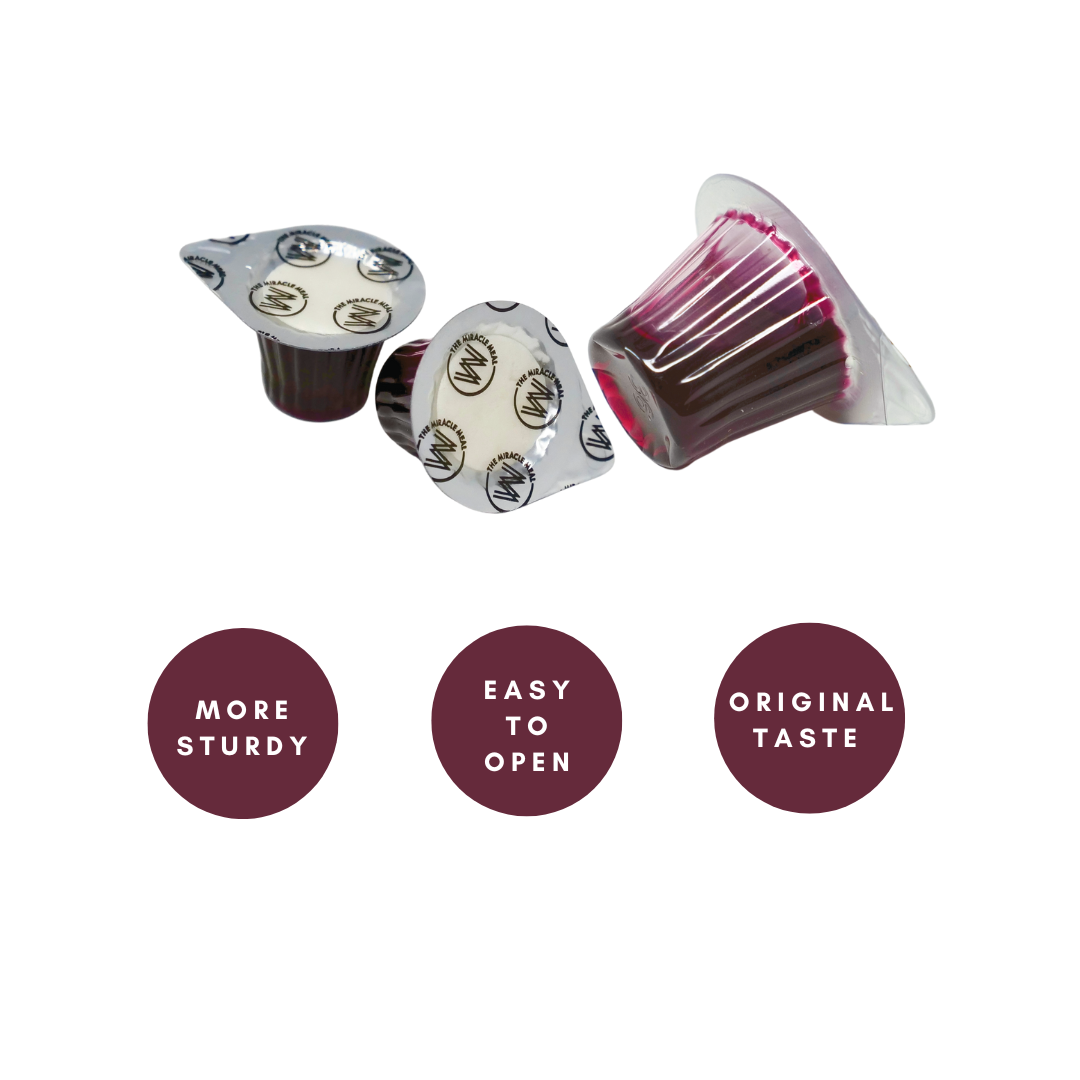Is It Ok To Drink Water After Communion?
Communion, a cornerstone of Christian worship, is a time to reflect and receive the bread and wine (or juice), symbolizing the body and blood of Christ. However, a question often left unanswered is whether or not it is permissible to consume water immediately after receiving Communion. This subject, shrouded in tradition and varying Christian doctrines, will be the focal point of our exploration as we untangle biblical perspectives, theological interpretations, and practical guidance.
For many, the understanding of Communion extends beyond a mere symbolic gesture. It is seen as a sacred observance – a moment of profound connection with the divine. As such, questions such as whether it’s acceptable to drink water after communion may seem trivial, but they are of great importance in maintaining the sanctity and reverence of this sacrament.
Historical Perspectives
Historically, the practices surrounding the Communion, or the Eucharist as some call it, have differed vastly between various Christian traditions. In most Protestant denominations, there aren’t strict rules about what can and cannot be consumed immediately after communion. You might often see congregants sipping water, especially if the wine or juice used is particularly potent.
Interestingly, some Orthodox churches encourage fasting after receiving Communion, even discouraging intake of water. This is not universally observed though, course differs from one jurisdiction to another and even from one local church to another. The reason for this practice is to maintain the spiritual connection forged during Communion, where drinking or eating immediately afterwards might be seen as a resumption of worldly behaviors too soon.
Theological Interpretations
From a theological perspective, the question of whether it is permissible to drink water after Communion is not straightforward. Some theologians believe that drinking water can dilute the potency of the sacrament. This stems from the belief that the wine truly becomes the blood of Christ during the ceremony, a doctrine known as transubstantiation, mainly found in the Catholic Church.
However, in other Christian traditions, the bread and wine (or juice) are viewed as just symbolic, although still sacred. In such traditions, there are typically no restrictions on drinking water or having some food after Communion. Essentially, it often comes down to the particular beliefs and traditions of each church or denomination.
Practical Guidelines
There are practical reasons why someone might choose to drink water after Communion. Whether due to a dry throat or possibly an aftertaste from the Communion elements, hydrating with water is a natural response. In such cases, there are no specific directives in the Bible implying this to be disrespectful or irreverent.
When considering pre-packaged communion offerings like those from The Miracle Meal, the accessibility and ease of these solutions also come to mind. These communion cups, with a shelf life of one year and requiring no preparation, could potentially change how we perceive traditional constraints related to drinking water post-Communion.
Conclusion
In conclusion, the question of whether it’s permissible to drink water after Communion doesn’t have a one-size-fits-all answer. It greatly depends on one’s individual beliefs and their church’s specific tradition. It’s essential to remember the core purpose of Communion—to remember and honor Christ’s sacrifice—and let that guide one’s behaviors and practices during and after the ceremony.
Our world has become fast-paced and complex, and so too have our worship practices evolved. The Miracle Meal is one such adaptation, offering pre-packaged communion cups for any time, any place. Engage in meaningful Communion without the worries of preparation or disruption. Visit our online store today to explore our offerings and maintain a sacred, personal moment of Communion. Water consumption after this sacred service is ultimately a personal choice, one that should respect your personal faith and the fundamental essence of this heartfelt sacrament.



